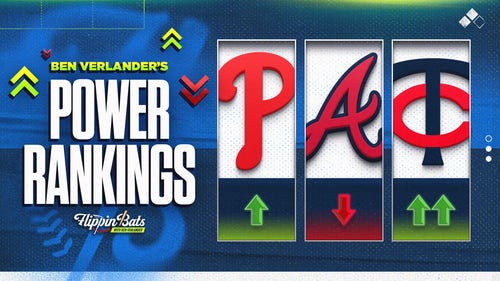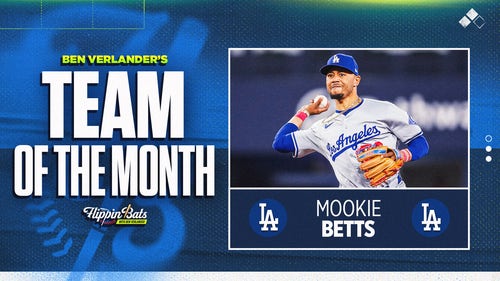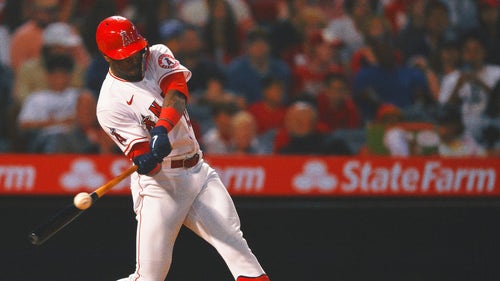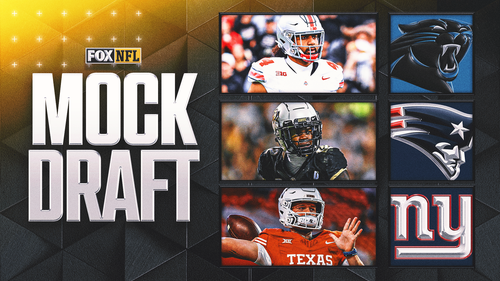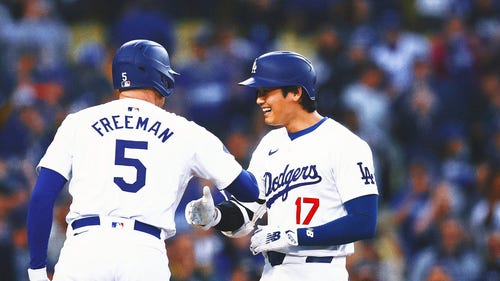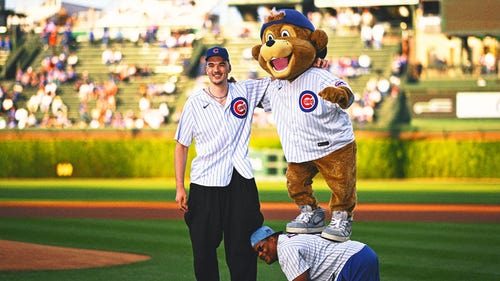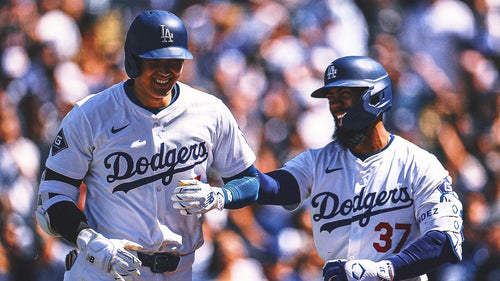
Joe Mauer's Hall of Fame election caps storybook career
Joe Mauer's career was a daydream.
Born and raised in St. Paul, Minnesota, Mauer's journey from local prep phenom to perhaps the greatest Minnesota Twin of all time is the stuff of fairytales, too serendipitous to be true. Drafted No. 1 overall by his boyhood team in 2001, the towering catcher spent 15 years in the bigs, all with the Twins. Along the way, he made six All-Star teams, won three batting titles, captured the 2009 AL MVP award and solidified himself as one of the most legendary athletes in Twin Cities history.
And on Tuesday, he earned the crowning achievement of his career: election to the Baseball Hall of Fame.
In his first year on the ballot, Mauer secured 76.1% of the vote, joining Adrián Beltré and Todd Helton in the 2024 class. The 40-year-old became just the third catcher to make the Hall on his first ballot (Iván Rodríguez and Johnny Bench) and will be the eighth player enshrined to don a Twins hat on his plaque.
Though a series of injuries forced Mauer to move off catcher after 2013, his decade as Minnesota's primary backstop ranks among the most impressive offensive peaks for a catcher in MLB history. From 2006 to 2013, the towering lefty produced a .327/.410/.883 slash line with a 139 OPS+. Even though Mauer wasn't really a home run threat beyond his 28 blasts in 2009, he averaged 40 doubles a season over his eight-year peak.
And let's not gloss over his MVP season, which is probably the second-best offensive performance by a catcher in the modern era (and came after he missed all of April with an injury). Mike Piazza's outrageous 1997 campaign in the peak of the steroid era — .362/.431/.638, 40 homers, 185 OPS+ — is probably better than Mauer's 2009 — .365/.444/.587, 28 homers, 171 OPS+. But that might be it.
Mauer's legacy, of course, is so much more than his accolades, 2,123 career hits or 55.2 bWAR. His career was the true embodiment of how sports can impact communities and foster a meaningful relationship between a city and its stars.
The story begins before the turn of the century, when a young Mauer made a name for himself in the Minnesota high school circuit as a three-sport magician in baseball, basketball and football. And by his senior year, Mauer was considered a generational prospect as a catcher and a quarterback and had to forgo a football commitment to Florida State when he signed with the Twins.
Minnesota's decision to take Mauer with the top pick was both brave and obvious. At the time, there was a lot of criticism about the selection. Drafting a cold-weather high school catcher No. 1 overall was a singular, risky decision. Nobody really knew how Mauer was going to adjust to better competition. Mark Prior, a talented hurler from USC, was considered a comparable prospect.
But watch just a few seconds of Mauer's high school baseball highlights and it all makes sense. The raw athleticism, the fluidity, the poise, he could have played high school ball on the moon, and he would have been an alluring option.
Mauer's draft story in 2001 is hilariously endearing, incredibly relatable. Back then, the draft was in the afternoon, and to celebrate the day, he invited a bunch of his high school friends over for lunch in what he later called a "Blimpie Sub Party." That night, he and his buddies won a key high school playoff game by 10 runs.
And once Mauer rose up the minor-league ladder to the big stage, he was immediately a star. Nearly 50,000 people showed up to the Metrodome for his MLB debut against Cleveland on April 5th, 2004. Before a game in August 2006, to "celebrate the Mall of America's 14th birthday" the Twins gave out Joe Mauer-inspired sideburns to the first 10,000 fans. Before his 24th birthday, Mauer was indisputably the most recognizable athlete in Minneapolis.
But the fame never seemed to change Mauer, who maintained that humble, aw-shucks attitude for this entire career, which only further endeared him to the locals. Even since his 2018 retirement, he's remained a beloved character in the Twins Cities. There was him surprising a retiring sportscaster on the local news. The governor of Minnesota declared June 15th, 2019 — the day of Mauer's jersey retirement ceremony at Target field — Joe Mauer Day. And with this being the first year of his Hall of Fame candidacy, all the wonderful stories about the Twinniest Twin to ever Twin have all returned to conversation.
Also, the guy literally had twins.
The only thing missing from his résumé is playoff success. During his 15-year-career, Mauer played in just 10 postseason games, and the Twins lost all 10 of them. But this is not basketball or football — Mauer chose baseball, remember — and one player cannot singlehandedly re-write the fortunes of an entire organization. His lack of October heroism doesn't take away from his otherwise magnificent career.
In many ways, his hometown hero tale hearkens back to that of Maryland-born, forever-Oriole Cal Ripken Jr. Mauer allowed for a generation of Minnesotans to see aspects of themselves in a generational athlete. He ate at the places they ate, went to the schools they attended, drove the roads they drove, spoke with the thick Minnesota accent they have. The 24 other Twins were honorary Minnesotans, temporary citizens passing through as part of their careers. But Mauer embodied the town, the franchise, the state and the region — and he did so honorably.
A spot in Cooperstown is the perfect ending to a career so storybook, future generations might not believe it.
Jake Mintz, the louder half of @CespedesBBQ is a baseball writer for FOX Sports. He played college baseball, poorly at first, then very well, very briefly. Jake lives in New York City where he coaches Little League and rides his bike, sometimes at the same time. Follow him on Twitter at @Jake_Mintz.






































































































































